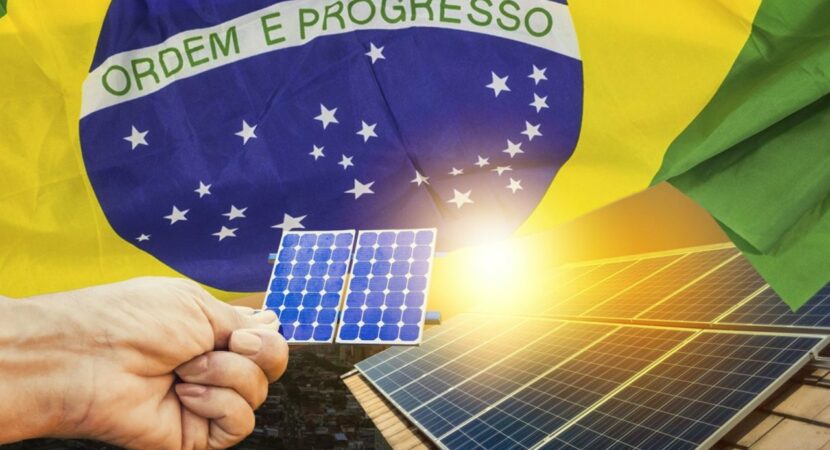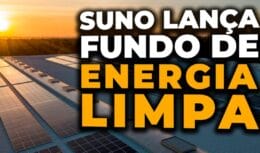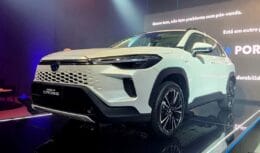
The choice of a solar energy system with photovoltaic panels is a renewable alternative to lower energy consumption, in times when the population is at home, reaching up to 95%
Initially seen as something “extravagant”, solar energy and its photovoltaic panels have been growing considerably in the Brazilian renewable energy market. In the first half of 2019 alone, there was an 86,6% growth in large solar power plants, compared to the same period in 2018. The numbers show that, despite the crises and the lack of strategic planning at the national level, the sector is moving forward in leaps and bounds. See in this text why investing in solar energy in 2020 is an excellent deal.
Read also
Renewable market: Investments in solar energy and photovoltaic panels exceed R$ 15 billion in Brazil
Brazil has already invested more than R$ 15 billion in the renewable energy market, mainly in photovoltaic systems. At the end of 2016, photovoltaic energy represented just over 80 MW (about 0,1% of the energy matrix), in 2019 Brazil already reached the mark of 3.000 MW in installed capacity.
Most of the investment, around R$ 10 billion, went to centralized generation. Distributed generation, despite the smaller portion invested, already has more than 128 consumer units in Brazil.
Economy x autonomy with the use of solar energy
When most people think about investing in renewable energy, the first thing that comes to mind is reducing or even eliminating the electricity bill. And it's true that in some cases you can almost eliminate your dependency on traditional energy.
However, in most cases, the money you save on utility bills is offset by the cost of financing your solar energy system. Where you really stand to make money from an investment in solar energy is the long-term value it adds to your home.
Photovoltaic panels not only generate the energy consumed during the day in the house, since the surplus that is injected into the grid is converted into energy credits.
It is these credits that allow consumers to save on their energy bills, an action created by Aneel's Normative Renewable Resolution 482, reaching 95% savings. According to the current rules of Aneel's distributed generation segment, these credits are still valid for use for five years after being generated.
How much does it cost to install solar energy these days?
Based on the average values presented, a small residential system, capable of meeting a consumption of up to 300 kilowatt-hours/month, currently costs between R$16,5 and R$18 in Brazil. The price is half the current cost of the cheapest popular car in the country and one of the reasons that explain the rapid popularization of this technology, which has a 25-year useful life.
With savings of up to 95% generated on the electricity bill, the consumer still gets the return on this investment in the renewable market in a short time, around 3 to 6 years. And it is precisely the savings on bills that Brazilians want, which is the main reason for purchasing technology pointed out by 92,7% of companies that adhere to photovoltaic systems.
Main advantages
- Solar energy does not pollute, it is renewable, clean and sustainable;
- Alternative energy to oil;
- Solar power is silent;
- It is a free energy source;
- Photovoltaic solar energy is the cheapest self-generation system;
- Minimum need for maintenance;
- Easy to install and cheap to maintain;
- Useful life of more than 25 years, paying for itself in up to 7 years;
- Savings of up to 90% on the electricity bill;
- Falling prices due to advances in technology;
- Takes up little space and values the property;
- Solar panels are weather resistant;
- Can be used in areas isolated from the power grid;
- Photovoltaic equipment can be recycled.











